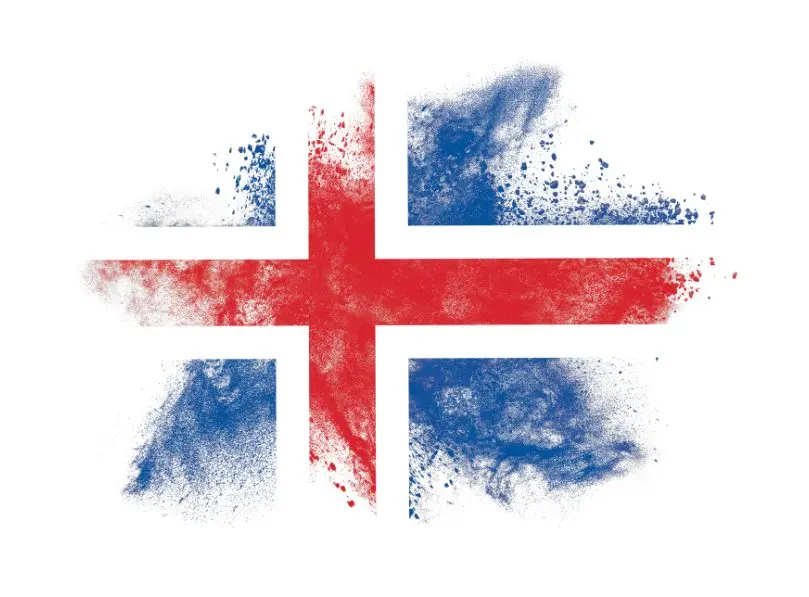Iceland Pay Gap to Close by 2022

At the beginning of 2018, Iceland made it illegal to pay men more than women – and now they’re enforcing it. The law requires organizations with at least 25 full-time employees to receive government certification that they’ve demonstrated pay equality. If they are not in compliance, they face a fine of about $500 a day.
This is yet another step the country is taking to eradicate the gender pay gap by 2022. While that is certainly ambitious relative to other countries, Iceland has always been serious about pay equity. In fact, Iceland has ranked the best in the world on gender pay equality nine years in a row, according to the Global Gender Gap Report published by the World Economic Forum. The ranking takes into account economic opportunity, political empowerment, and health and survival.
This new legislation was supported by the country’s center-right coalition as well as opposition parties in a parliament that was nearly 50% female.
How Does the Iceland Pay Gap Compare to the U.S.?
The United States – ranked 49th in the Global Gender Gap Report – is moving much more slowly on closing the gender pay gap. Based on the earnings of full-time workers from 1959-2017, the wage gap in the U.S. will not close until 2059.
Like Iceland, the U.S. has laws in place – such as the Equal Pay Act of 1963 and Title VII of the Civil Rights Act of 1964 – outlawing pay disparity on paper, but currently no such laws are quite as rigorous in practice. Unlike Iceland, the people making laws and holding positions of corporate leadership in this country are still largely men.
In a controversial move last August, the Trump administration announced a review of Obama-era rule issued by the Equal Employment Opportunity Commission (EEOC) that would require large companies to report information about what they pay their employees by job, sex, race, and ethnicity.
Some progress is happening on the state and local levels, however. Some locations have instituted salary inquiry history bans prohibiting employees from asking job applicants about their salary history. Proponents of the ban believe the question perpetuates pay disparities, especially the gender pay gap.
But make no mistake – real steps are being taken in governments around the world to curb the pay gap. Much closer to home, Ontario’s Liberal government recently proposed the Pay Transparency Act, which similarly outlaws the salary history question. But it also sets up a compliance system requiring larger employers to report – to the province and publicly at their own workplace - compensation gaps based on gender and other diversity factors.
Iceland may be ahead of the pack on pay equality, but we can expect other developed countries to follow their example as time goes on.
Insights You Need to Get It Right





